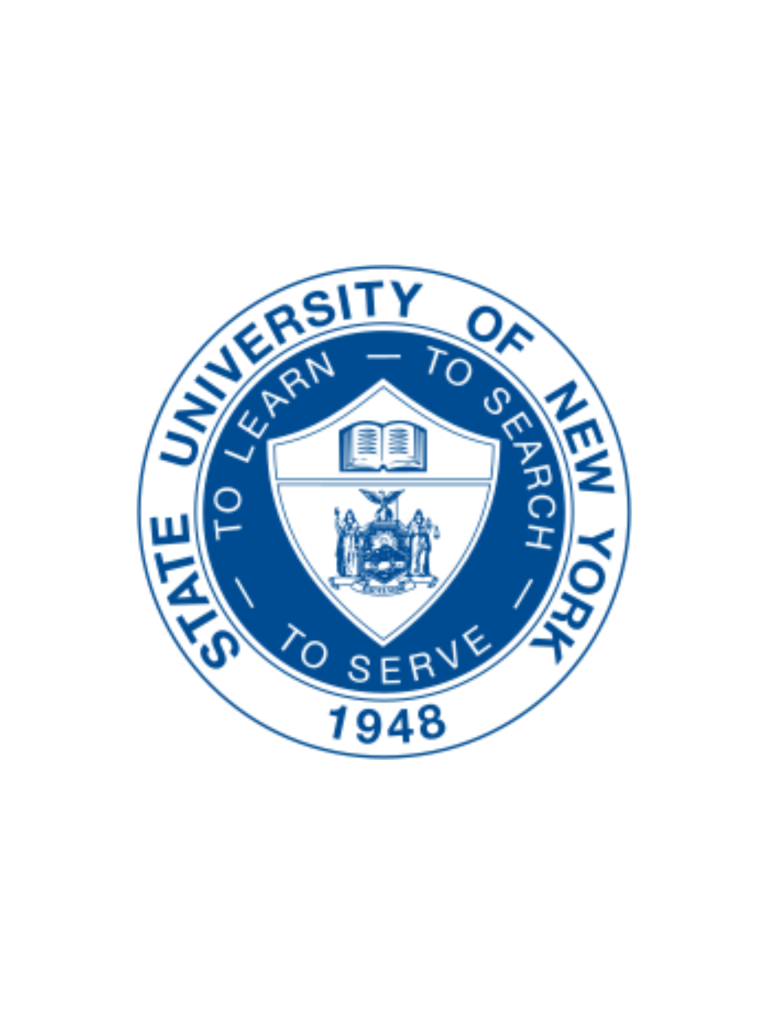Insufficient supports are available to help people align their professional aptitudes with living-wage career paths
MemWorks has helped us identify the root causes that are impeding employment pathways for Memphians experiencing poverty. An accurate understanding of these roadblocks is absolutely essential, but without knowing how to effectively overcome these roadblocks, we are still unable to enable pathways to living-wage jobs.
We are excited to share evidence-based interventions that can help our community overcome these roadblocks. This email shares a roadmap for ways workforce programs can support job seekers in better aligning their aptitudes and interests with in-demand living-wage careers.
Seven in 10 industry credentials earned by Tennessee K-12 students do not enhance employment outcomes
Unfortunately, in Memphis, few resources exist to help people experiencing poverty identify their professional strengths and match those strengths with the living-wage jobs that value these strengths the most. As a result, tens of thousands of people are blindly pursuing employment pathways that do not value their unique talents and skill sets, greatly reducing the chance they will enjoy their work or find a role that allows them to excel. People frequently pursue credentials that will not benefit them in their careers, and this starts from an early age in the K-12 system.

Evidence-based solutions can help match people to roles that fit their skills and interests
Four evidence-based models were identified that can effectively improve aptitude alignment for job seekers:
- Intensive recruitment and intake procedures can assess students’ knowledge, skills, aptitudes, educational and employment backgrounds, and career goals in order to help route students to the appropriate tracks from the beginning.
- Narrative career counseling can help students see their career choice in the context of their lives and link it to personally relevant life themes. This form of career counseling focuses less on traits and abilities of the candidate and more on their understanding of themselves and their environment.
- Stackable credentials sequence certifications and credentialing in bite-size chunks that can be accumulated over time to demonstrate a person’s expanded competencies while they advance within a career pathway. Students are not required to fully commit to a program but instead can test their interest in a particular industry by pursuing an initial credential and deciding if it’s a fit for them before they move on to the next stacked credential
- The Guided Pathways Model is employed by community colleges to help new students explore programs, consider possible careers, and develop complete academic plans. The model improves access to clearly designed programs of study aligned with students’ interests and aspirations, helping students make more informed decisions about course selections.
Sector-based strategies, introduced in last week’s email about a centralized workforce intermediary, and technology tools also serve to enhance the matching of aptitudes to open roles. High-quality research on popular technology tools that match skills to aptitudes is sparse, but they show promise when implemented alongside a case management program.
Case examples: Aptitude alignment in action

Project QUEST is a nationally-replicated model that launched in Texas to help young adults pursue entry-level positions in in-demand industries that fit their skillsets. The model primarily focuses on healthcare, manufacturing and IT.

State University of New York (SUNY) implements the guided pathways model to help community college students select coursework that is directly aligned to their interests and long-term career goals.

Purdue University’s Center for Regional Development assists displaced workers, especially those without four-year degrees, by offering skills training, non-degree certificates, soft skills development, and job application support all within a stackable credential format focused on helping students advance toward careers quickly.
Selected technology tools like Xello, YouScience, and Naviance are web-based platforms serving US students from grades 6 to 12, assisting them in identifying their skills, competencies, and suitable career paths.
A path forward for Memphis
Several organizations in Memphis implement some of the evidence-based models outlined above. Agape Child & Family Services, The Collective Blueprint, Collegiate School of MemphisEcOp (Economic Opportunities), and The Soulsville Charter School all incorporate aptitude alignment into their programs in some fashion to support their participants’ progression into living-wage careers.
There are several opportunities to improve aptitude alignment for job seekers in Memphis:
- Improve aptitude assessment and career exposure in K-12 settings
- Improve aptitude assessment and career exposure for adult job seekers at nonprofit services
- Improve aptitude assessment and career exposure in technical training
Together we can help job-seeking Memphians experiencing poverty better align their skills and aptitudes to living-wage career paths.




